Horses have long held a place of reverence in human society, symbolizing freedom, strength, and companionship. From the earliest days of domestication, the bond between humans and horses has evolved into a unique and profound relationship that transcends mere utility. This article delves into the majesty of horses and explores the deep, multifaceted bond that has developed between these noble creatures and humans. Discover the ultimate online resource for casacourse. Enhance your knowledge and skills with our comprehensive courses. Join us today!
Historical Significance and Early Domestication
The domestication of horses is believed to have begun around 4000 BCE on the steppes of Central Asia. Initially, horses were primarily valued for their meat and milk, but as humans began to realize their potential for transport and labor, horses quickly became integral to the development of civilizations. The ability to travel greater distances at higher speeds revolutionized trade, warfare, and communication, linking distant cultures and spreading ideas.
The Symbolism and Cultural Impact of Horses
Horses have occupied a prominent place in mythology, art, and literature across various cultures. In Greek mythology, the winged horse Pegasus represents inspiration and the soul’s immortality. Native American tribes viewed horses as symbols of power and freedom, and they played a crucial role in the cultures of the Plains tribes. In literature, from Anna Sewell’s “Black Beauty” to Cormac McCarthy’s “All the Pretty Horses,” horses have been depicted as symbols of purity, beauty, and the unyielding spirit of the natural world.
The Emotional and Therapeutic Bond
Beyond their historical and cultural significance, the emotional bond between humans and horses is one of profound connection. This bond is often characterized by mutual trust and respect. Horses, being highly intuitive animals, are sensitive to human emotions and body language, making them excellent companions in therapeutic settings. Equine-assisted therapy has become a recognized form of treatment for various psychological issues, including PTSD, anxiety, and autism. The presence of a horse can help individuals build confidence, improve emotional regulation, and foster a sense of peace and well-being.
Modern Equestrianism: Sport and Leisure
In contemporary society, horses continue to play significant roles in sports and leisure activities. Equestrian sports such as dressage, show jumping, and eventing showcase the elegance and athleticism of horses. These sports demand a high level of skill and cooperation between horse and rider, further emphasizing the depth of their bond. Additionally, leisure activities like trail riding and horse camping offer individuals the opportunity to connect with nature and experience the world from a unique perspective atop a horse.
Conservation and the Future of the Human-Horse Relationship
As modern society evolves, so too does the relationship between humans and horses. Conservation efforts are crucial in preserving wild horse populations and maintaining genetic diversity. Organizations dedicated to the rescue and rehabilitation of abused or neglected horses play an essential role in ensuring these animals receive the care and respect they deserve.
The future of the human-horse relationship will likely continue to be shaped by advancements in veterinary care, training techniques, and a growing recognition of the emotional and psychological benefits horses provide. As we move forward, it is essential to honor the rich history and deep bond we share with these majestic creatures, ensuring that the relationship continues to thrive for generations to come.
Conclusion
The majesty of horses lies not only in their physical grace and strength but also in the profound bond they share with humans. This relationship, steeped in history and cultural significance, continues to evolve, offering emotional, therapeutic, and recreational benefits. As we celebrate and preserve this unique connection, we acknowledge the invaluable role horses play in our lives, embodying a timeless symbol of freedom, partnership, and beauty.

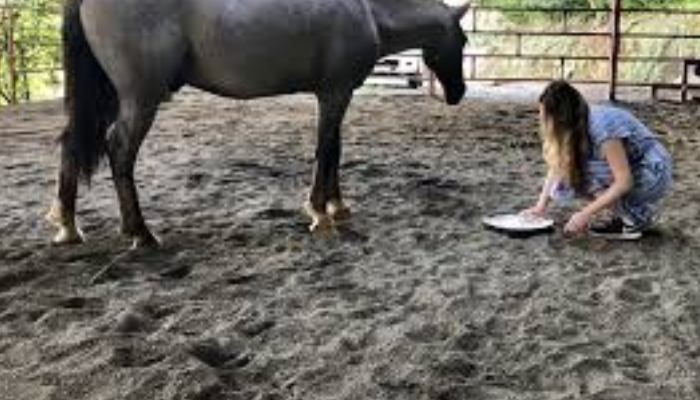

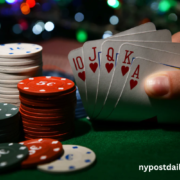

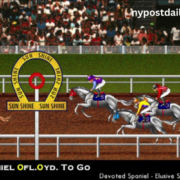

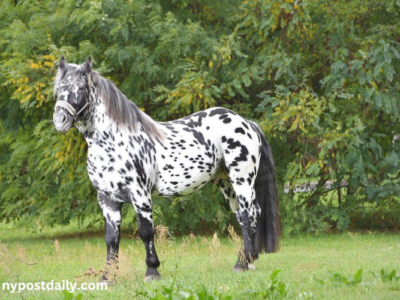
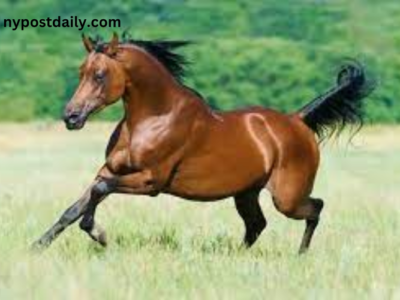
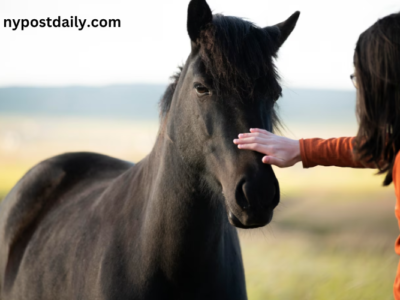

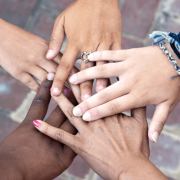

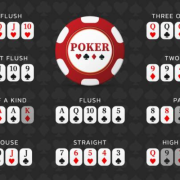

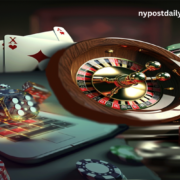

Comments